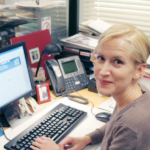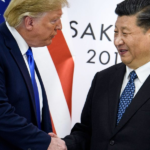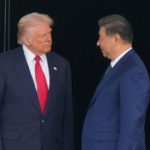That’s why “you protect the worker, you protect the talent; you don’t protect the job itself,” Peiying Chua, the head economist for APAC at LinkedIn, said at Fortune Brainstorm AI Singapore conference on Wednesday.
To that end, Chua believes that the change created by AI will ultimately “elevate the way in which we work.” But to get there, entry-level workers must learn AI skills to level up their employability. And white-collar professionals that are afraid of AI taking their jobs need to get comfortable reskilling.
“AI is not going to take your job, the person next to you who is cleverer and is using AI is going to take your job,” said Madhu Kurup, Indeed’s vice president of engineering. Employees should be looking for ways to use AI to their advantage at work, instead of competing with it.
But the responsibility to do so does not only fall on workers.
“It’s really important that universities and organizations come in with that capacity to support employees as they transition through different kinds of roles,” explained Sun Sun Lim, vice president of Singapore Management University.
“You’re going to no longer have a career for life, but a lifetime of careers,” Lim said.
The panellists acknowledged that AI has created difficulties for the job hiring process. Candidates are increasingly turning to AI to help churn out job applications en masse. The result is that companies are facing an unprecedented flood of applications.
Many companies have turned to AI themselves to manage this flood, using the technology to screen applicants and conduct early round interviews.
Job candidates are now complaining that they will go through multiple rounds of interviews at a company without ever meeting a single employee.
“The hiring process becomes an LLM talking to an LLM,” said Jessica O’Reilly, Workday’s general manager for ASEAN. “That’s not going to get us anywhere.”
O’Reilly sees the solution as using a blend of human and AI. While AI can help narrow down candidates and make the hiring process faster, “in hiring, a lot of it is about chemistry,” O’Reilly explained. And, fortunately, an AI interviewer simply can’t evaluate these “softer skills” like a human can.









